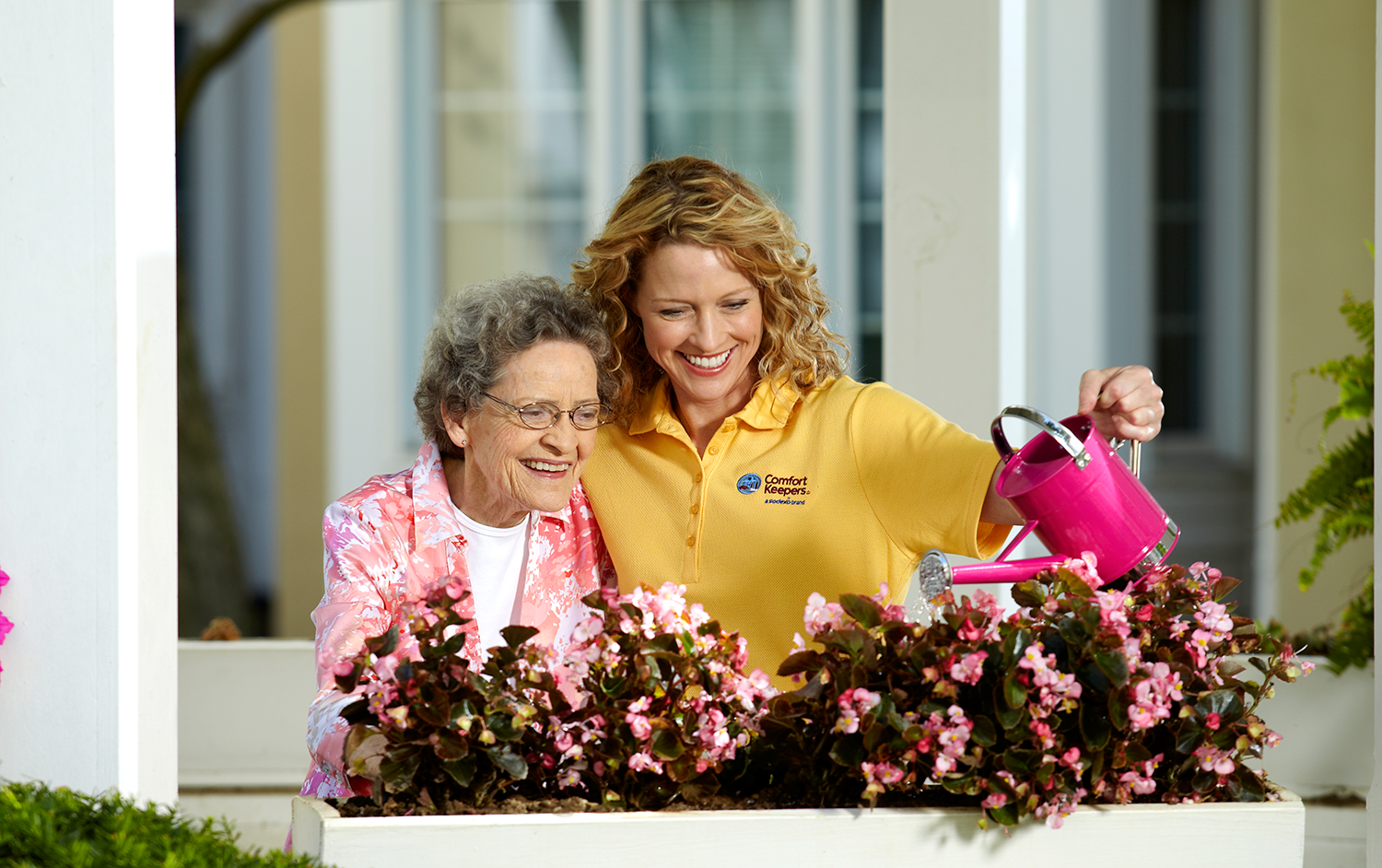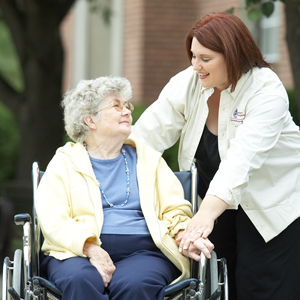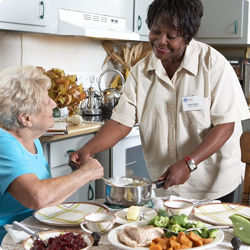What is the Definition of Successful Aging?.
Blog | June 4, 2016
The concept of successful aging has been a popular topic since the 1980s and even more so today; with a growing population and more people living longer, it is important to understand everything we can about aging. Scientists who study successful aging have been trying to determine which factors lead to a long, healthy life and design strategies that help maintain health as we age. But what exactly is successful aging and how can we achieve it?
Staying Healthy As You Age
While there is no consensus as to the definition of successful aging, the World Health Organization defines it as “the process of developing and maintaining the functional ability that enables well-being in older age.” One of the best ways to achieve this functionality is by staying physically and mentally active; at-home exercises for seniors and exercises for the brain are a great way to combat physical and cognitive decline. It is also important to be aware of common health factors affecting seniors, such as arthritis, high blood pressure, Alzheimer’s disease, the effects of smoking, and heart disease and stroke, so that proper care can be taken to prevent or manage these conditions. By investing time in their health, and receiving the necessary care or assistance, seniors can help maintain the functional ability that leads to well-being in older age.
The Importance of Social Connection and Emotional Health for Seniors
Recent research into successful aging has focused on a broader definition than the one proposed by the World Health Organization. Dr. John Rowe and Dr. Robert Kahn write that, “successful aging is multidimensional, encompassing the avoidance of disease and disability, the maintenance of high physical and cognitive function, and sustained engagement in social and productive activities.” This definition reaches beyond the absence of disease to include many additional factors affecting the well-being of seniors, including social and emotional health. It is just as important for seniors and their caregivers to make time for social activities, understand how to manage stress, and monitor their emotional health for signs of depression or anxiety. Paying equal attention to all aspects of a person’s well-being, not just their physical functionality, allows seniors to achieve a happier, healthier retirement.
A Personal Definition of Successful Aging
It is important to note that definitions of successful aging vary between individuals. In one study, researchers asked seniors living in a community to rate how successfully they were aging, and allowed them to use their own criteria to define successful aging. The vast majority of seniors reported that they were aging well, and many of them based their ratings on social and emotional aspects of their lives. Since everyone has an individual definition of successful aging, it is important for a senior’s care to be tailored to their specific needs. A personalized care plan can help address the factors that are most necessary for seniors to embrace and enjoy their older years.
Ultimately, the definition of successful aging is a work in progress that will continue to evolve as more information comes to light. Certain researchers have even critiqued the term “successful aging” for the implication that those who do not meet certain criteria have somehow failed; as a result, recent studies in gerontology have wondered if there are more inclusive ways to discuss healthy aging.
Individualized Home Care Options
Long-Term Home Care, 24 Hour Home Care & Short Term Care Options Customized for You







